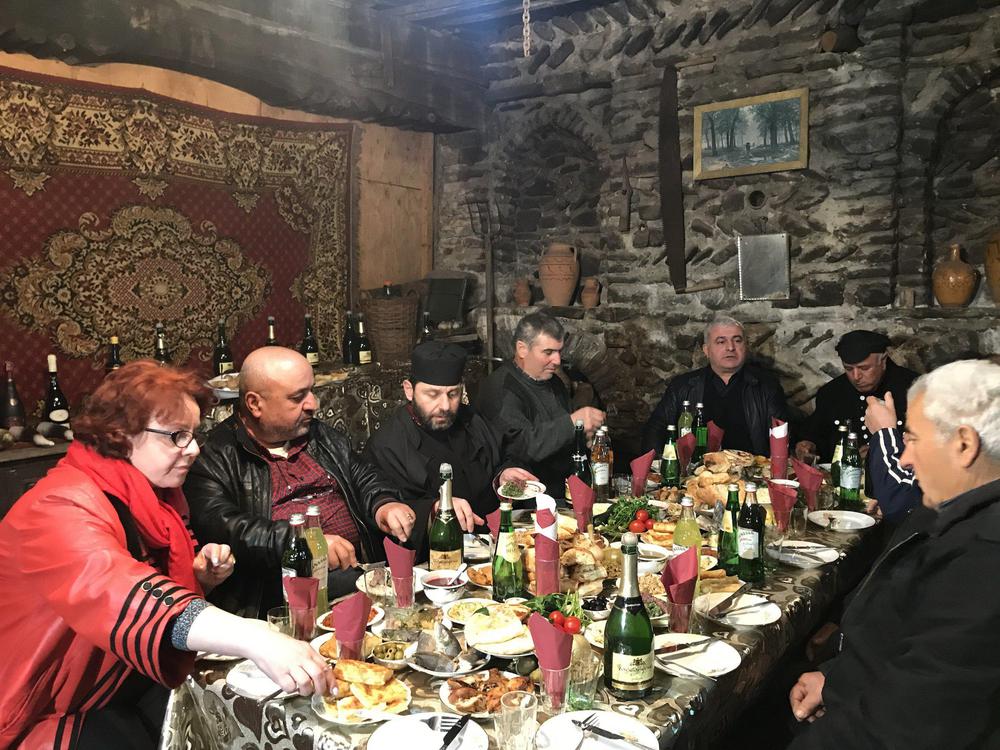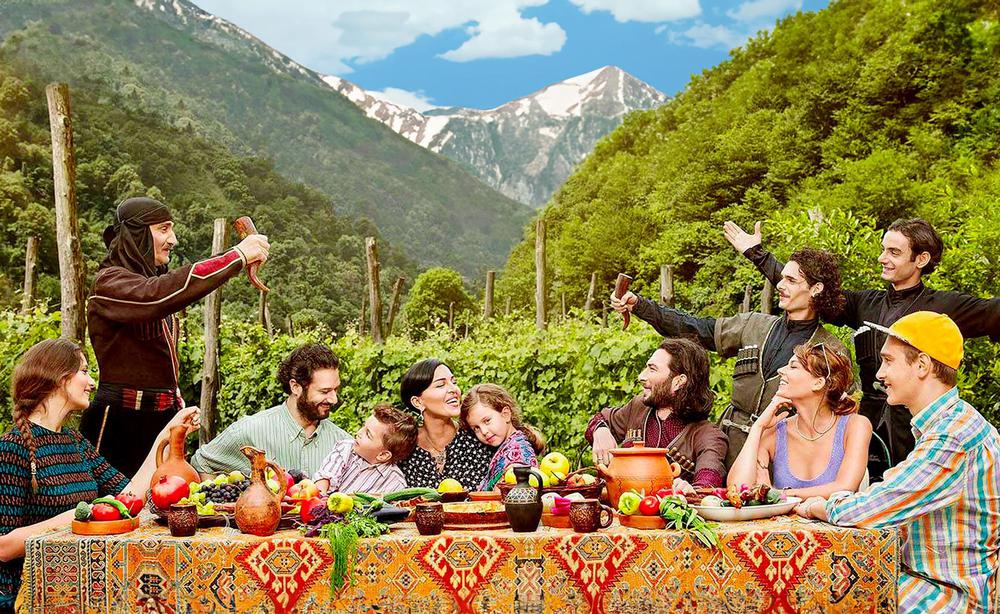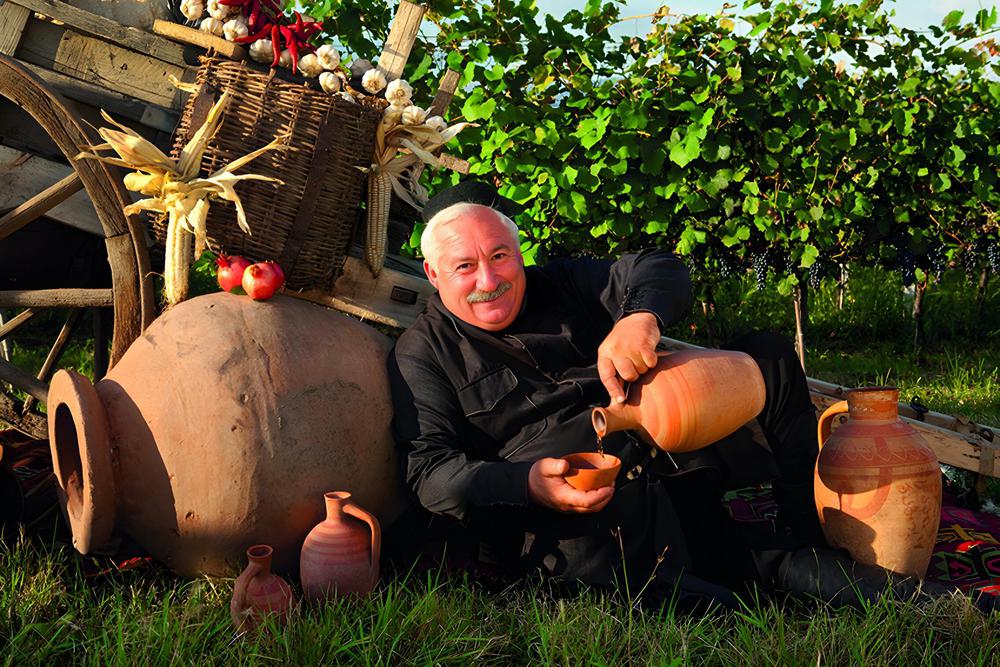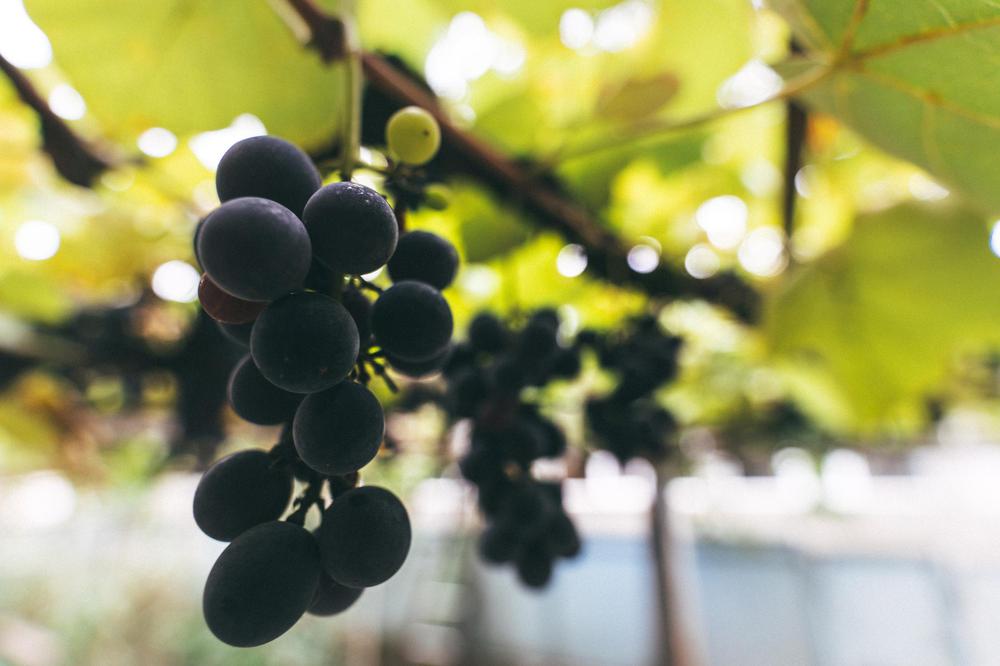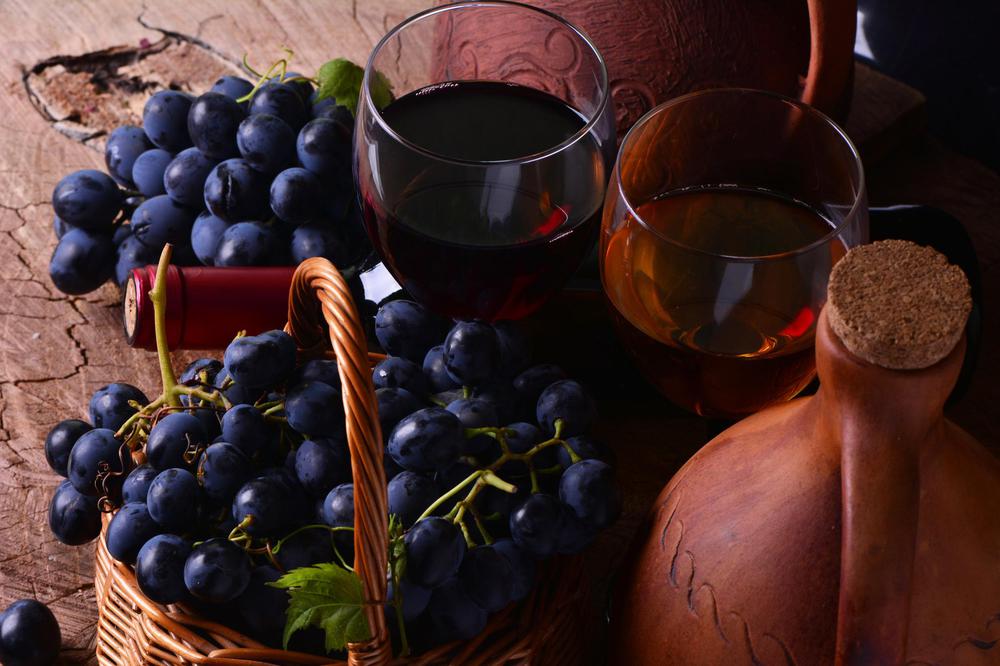Georgian folklore, deeply intertwined with the country's identity, reveres wine not merely as a beverage but as a symbol of heritage and tradition. This article delves into how wine, integral to Georgian culture, is celebrated and mythologized, reflecting the nation's rich history and its unique approach to viticulture.
Wine: A Divine Gift In Georgian Lore
In Georgian folklore, wine is more than a drink — it's a divine gift. A popular legend recounts how God, residing in Georgia, created wine to offer a taste of heaven on Earth. This story resonates across Georgia, symbolizing wine's heavenly qualities. Even the devil, in this lore, competes with God by creating chacha, a potent spirit, highlighting wine's revered status in Georgian mythology.
Aguna: The God Of Vineyard Fertility
The ancient Georgian deity Aguna, also known as Angura, epitomizes the sacral role of wine. Revered for ensuring vineyard fertility, Aguna's influence is evident in Georgian rituals and practices. This deity's connection to wine underscores the spiritual and cultural significance of viticulture in Georgia.
Wine In Georgian Religious And Social Ceremonies
Wine's role extends to Georgian religious and social life. Wine cellars and vineyards are sacred spaces, often hosting baptisms and weddings. Historically, the finest wines, named after saints and called 'zedashe', were produced in these revered locations, demonstrating the deep religious and social ties to wine in Georgian culture.
Historical Observations Of Georgian Wine Culture
From medieval times to the 19th century, observers like the Venetian ambassador Contarini and the French traveler Chardin have noted the Georgians' unique relationship with wine. Their observations reveal a society where wine symbolizes hospitality, self-restraint, and social status, further cementing its cultural importance.
Modern Reflections On Georgian Wine
Contemporary vintners like Alexandre Japaridze continue the age-old traditions of Georgian winemaking, blending history, religion, and mythology into their craft. The Kakheti region, in particular, stands out for its unique grape varieties and wine production techniques, showcasing Georgia's enduring viticultural legacy.
Qvevri: A Traditional Georgian Wine-Making Technique
The qvevri, a large clay vessel used for wine-making, symbolizes Georgian winemaking traditions. This ancient method, where the qvevri is buried underground, highlights the natural, earthy qualities of Georgian wine, distinguishing it in the global wine market.
Georgian Wine Varieties And Their Evolution
Georgian viticulture boasts a rich variety of grape species, shaped by history and geography. Notable varieties include Rkatsiteli, Saperavi, and Tsolikauri, each contributing to the unique character of Georgian wines. The evolution of these varieties, through challenges like phylloxera and socio-political changes, reflects the resilience and adaptability of Georgian viticulture.
Conclusion
Georgian wine, steeped in folklore and tradition, is a testament to the country's rich cultural fabric. From divine legends to religious rituals, and from ancient practices to modern innovations, Georgian wine remains a symbol of national identity and heritage, inviting travelers to explore and experience this unique aspect of Georgian culture.

 Qvevri
Qvevri
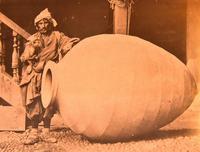 UNESCO-Listed Qvevri Wine-Making
UNESCO-Listed Qvevri Wine-Making
 Top 15 Georgian Grape Varieties
Top 15 Georgian Grape Varieties
 Exploring the Cradle of Wine
Exploring the Cradle of Wine
 Supra Sensations
Supra Sensations
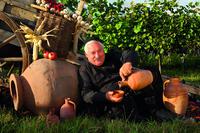 Georgian Wine Culture
Georgian Wine Culture
 Georgian Wine in Rituals
Georgian Wine in Rituals
 Georgian Toasting in Wine Culture
Georgian Toasting in Wine Culture
